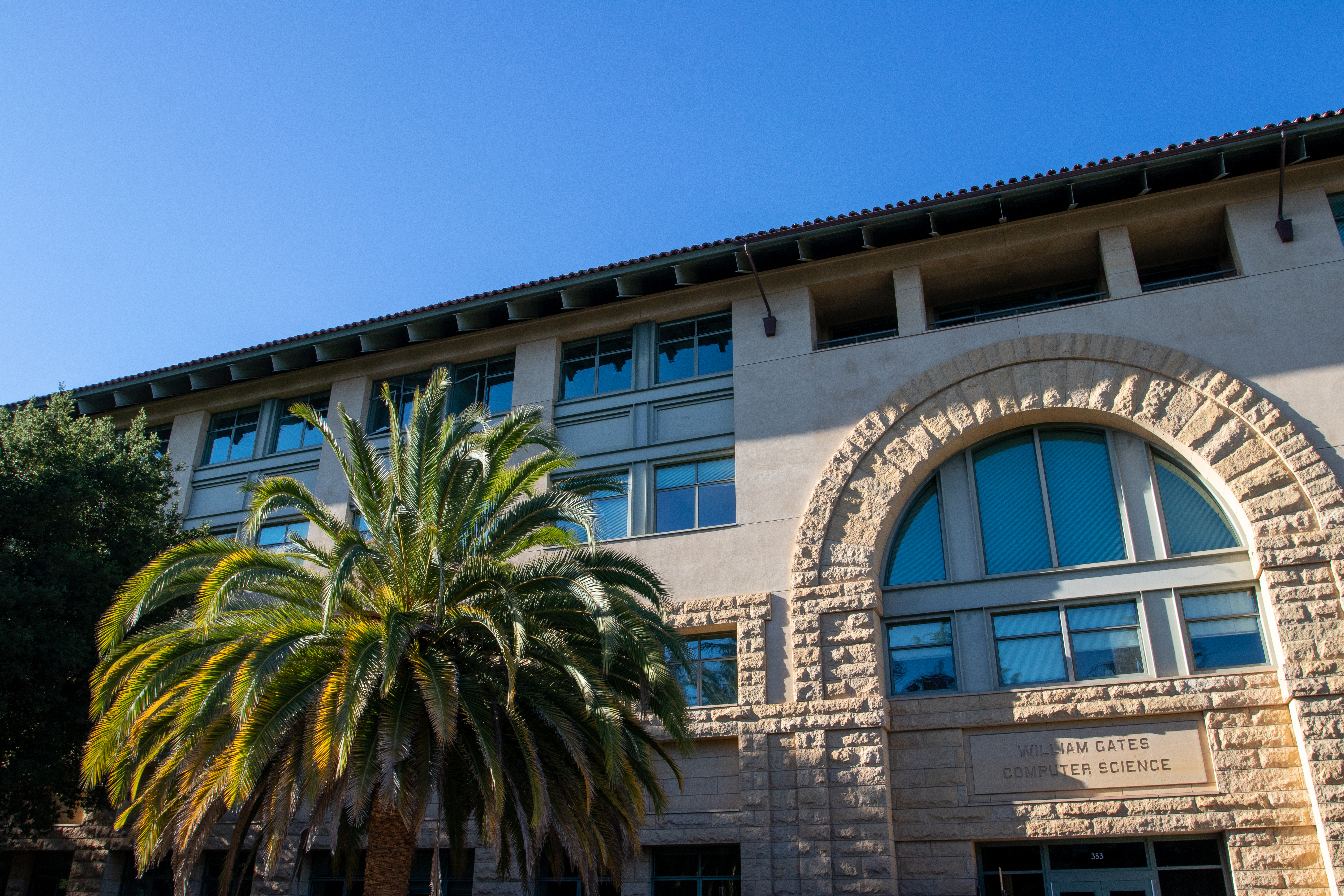During a fencing practice in 2019, Samuel Kwong M.S. ’21 ran into Google co-founder Larry Page M.S. ’98 as he was signing his son up for lessons from the Cardinal fencing club that shares the facility. Three months later, with summer internship season on the horizon, Kwong decided that he wanted to explore the realm of technology and create impact in the industry.
To Kwong, Google had always stood out from the pack. It was the first company that he learned about as a young child — it had been founded in his birth year. A few months after running into Page in the fencing facility, Kwong received his acceptance email while sitting on the same floor as Larry Page and Sergey Brin’s old office in the Gates Computer Science building.
As an underclassman, Kwong faced many of the same decisions and uncertainties about entering the professional world of technology as many other Stanford students. Now, with two more years of perspective under his belt, Kwong wrote that one of the most valuable decisions he made his freshman year was using his time to immerse himself in a topic of interest rather than worrying about committing himself to an internship. He encourages other students to do the same.
“If faced with the decision of only choosing depth or breadth, go for depth,” he wrote when asked what advice he would give students looking to break into the field. “Choose something that provides value to the world and go deeper into that field, because then you add value to yourself.”
Other students encouraged a different approach, saying that landing an internship early on, no matter the company, is a worthwhile stepping stone to gain experience and credibility. Derrick Li M.S. ’22 said it is vital to gain experience as early as possible, regardless of the field or company size, in order to have a chance at big tech internships in the future.
“Even if you are not working at a super reputable company [like Facebook, Google, Microsoft, Apple, Amazon], you would still be able to do some work in the capacity of a software engineer,” Li said.
Although Stanford’s computer science curriculum prepares students for the job interview process and equips them with a mental toolkit for day-to-day tasks, Kwong agreed that it does not necessarily prepare students for real-life application or the scale big tech companies operate.
“While Stanford introduced me to the theory of certain topics like deep learning and computer vision, industry introduced me to teams that are actively providing value to the world by applying these practices at scale,” Kwong wrote.
Due to the sheer quantity of applications that companies like Facebook, Google and Amazon receive, sometimes an online application can be swept away and never even read by an employee, Forbes reported. Although a prestigious school, solid resume and high GPA can be assets, pure luck can sometimes turn out to be the most important factor in the equation. First-year computer science Ph.D. student Aaron Mishkin’s success in landing an internship at Amazon Research was a matter of being aligned on a research topic with recruiters, getting along well with Amazon faculty members during a research conference and engaging in constructive conversations during interviews.
Mishkin described as a misconception the notion that landing a job is purely based on a series of difficult technical interviews. “It’s actually more about knowing someone who can get you in the door,” he said.
Sometimes, a referral is the difference between a ghosted application and an interview call-back, according to Li. To come out on top of an influx of qualified candidates competing for a limited number of positions, students need to have a distinguishing factor that influences the employer to select them over someone else who is equally qualified, Li added.
“It’s vital to expand your network as much as possible,” Li said. “When you’re joining clubs or organizations on campus, make friends with people who are a couple years above you; they will not only be in the industry by the time that you’re looking for a job [but they] also have good experience.”
Although many students are drawn to the prestige of working at a big tech company, it’s important to remember there are multiple paths to success. Shreya Shankar M.S. ’20, who interned at Facebook and Google, said she “went to a startup after graduation” instead of pursuing a full-time role at a big tech company because she found herself more fulfilled with a “myriad of responsibilities.”
There are various factors that go into landing an internship at a big tech company, some of which are in the hands of fate. But, Mishkin said, working on interesting projects alongside like-minded people will be a fulfilling experience.
“It’s more important to work somewhere where you feel you’re making a contribution to something you care about,” Mishkin said.
